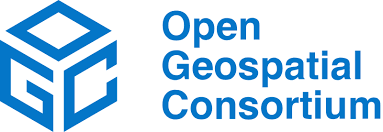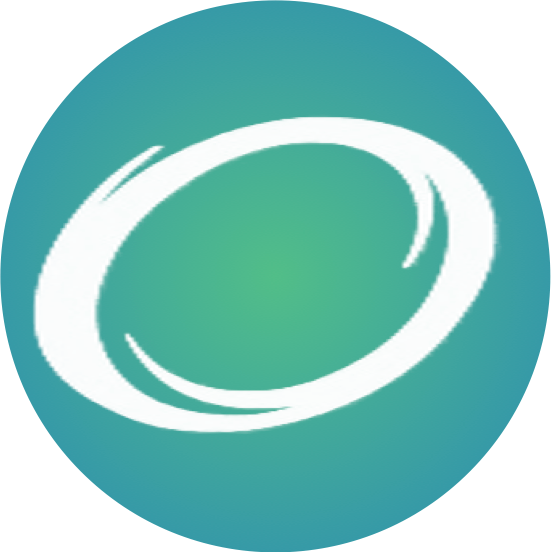International (e.g., pan-European research infrastructures)
Organisations:
University of Oxford
- Domain agnostic

A curated, informative and educational resource on data and metadata standards, inter-related to databases and data policies.
GLODAP
The Global Ocean Data Analysis Project (GLODAP)
Organisations:
GEOMAR
,
ICOS Thematic Centre
- Natural Sciences

A uniformly calibrated open ocean data product of inorganic and carbon-relevant variables
OGC Definitions Server
OGC RAINBOW: OGC Definitions Server
Organisations:
Open Geospatial Consortium (OGC)
- Domain agnostic

OGC RAINBOW is provided by the Open Geospatial Consortium (OGC), a membership based International Standards Organisation
EcoPortal
EcoPortal
Organisations:
LifeWatch ERIC
- Natural Sciences

EcoPortal is a repository for semantic artefacts that pertain to Ecology and Biodiversity. It hosts relevant ontologies and controlled vocabularies together with their metadata and it offers a suite of tools to discover, publish or utilise them.
FAIR-enabling data policy checklist
FAIR-enabling data policy checklist
Organisations:
FAIRsFAIR consortium
- Domain agnostic

This checklist helps policy-makers to assess whether elements of their data policies are FAIR-enabling as well as providing recommendations on what should be addressed in policies.
OGC RAINBOW
OGC Definitions Server
Organisations:
The Open Geospatial Consortium (OGC)
- Domain agnostic
OGC RAINBOW is a Web accessible source of information about things (“Concepts”) the OGC defines or that communities ask the OGC to host on their behalf. It applies FAIR principles to the key concepts that underpin interoperability in systems using OGC specifications.
F2DS
Federated FAIR Data Space
Organisations:
EOSC Pillar
- Domain agnostic
The F2DS is a unifying data space that is built by aggregating and enriching datasets from a set of multidisciplinary repositories, i.e. data sources, with the aim to facilitate data discovery and reuse. Although datasets are the primary focus of the resulting data space, other items are managed, including repositories and data sources, APIs, metadata schemas and ontologies
AgroPortal
A semantic artefact catalogue for agri-food
Organisations:
Agroportal
- Agricultural Sciences

AgroPortal is an ontology repository (more generally a semantic artefact catalogue) for the agri-food domain which features ontology hosting, search, versioning, visualization, comment, and recommendation; enables semantic annotation; stores and exploits ontology alignments; and enables interoperation with the semantic web.
OntoPortal
A generic technology to build ontology repositories or semantic artefact catalogues
Organisations:
OntoPortal Alliance
- Domain agnostic

The OntoPortal technology allows anyone to set up a semantic artefact catalogue for a domain/project of interest.
Organisations:
Ontology Engineering Group - Universidad Politécnica de Madrid
- Domain agnostic
Best practices for implementing FAIR vocabularies and ontologies on the web is a set of guidelines for ontology/vocabulary development and publishing.
LOV
Linked Open Vocabularies
Organisations:
Ontology Engineering Group - Universidad Politécnica de Madrid
- Domain agnostic
Linked Open Vocabularies (LOV) is an ontology search and reuse tool designed to help publishers and users of linked data and vocabularies to assess what is available and facilitate reuse.
I-ADOPT
I-ADOPT Interoperability Framework
Organisations:
RDA I-ADOPT WG
- Domain agnostic
The I-ADOPT Interoperability Framework is a set of guidelines based on a simple non-domain specific ontology that supports the decomposition of complex observable properties into their essential atomic parts represented through the concepts in FAIR terminologies.